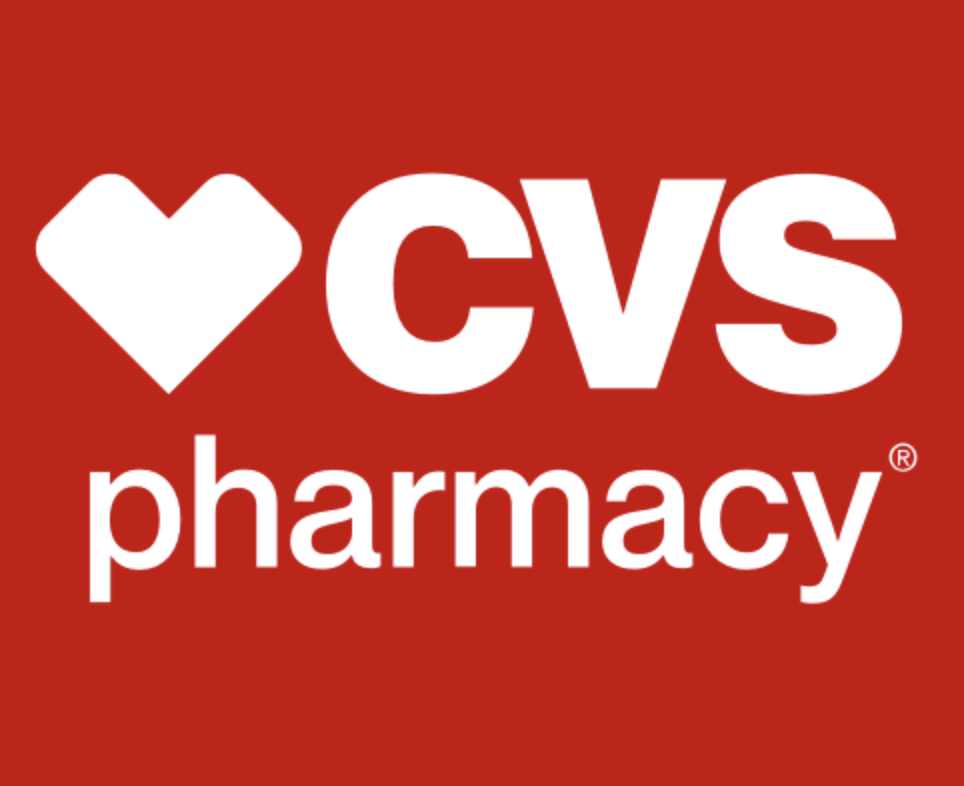Why CVS Is Doing Better Than Most Other Retailers
At a time when inflation is causing many retailers to buckle under immense strain, CVS is doing far better than most others.

Inflation is hitting retailers’ bottom lines hard. Behemoths like Walmart and Target have even reported fiscal disappointment, among countless others. And titans like Kohl’s and Bed Bath & Beyond are struggling to keep their heads above water. However, whilst other retailers are grappling with lower sales and overstock, CVS is at the top of its game and doing far better than most.
Despite reporting a significant decrease in the number of COVID-19 vaccines its locations were administering, which cut down on some of the traffic in their stores, CVS reported positive earnings growth across all categories. Consequently, the pharmacy giant revised the rest of its yearly outlook. CVS now expects its overall revenue for the year to rise by an additional $3 billion, which would bring its end-of-year total profit to approximately $312 billion, according to the Wall Street Journal.
In the last fiscal quarter, CVS reported a sales growth of 11%. The company has attributed the growth to a couple of different factors. First, last winter’s cold and flu season was uncharacteristically long. The elongated cold and flu season led to increased sales of cold and flu meds. This served to help bolster the chain’s retail sales. Also keeping retail sales robust were at-home COVID tests. With pandemic restrictions lessoning, COVID cases have remained high but hospitalizations have remained relatively low. Thus, people are treating themselves at home. Which also means they are testing themselves at home. Hence, the hearty COVID test sales.
Also helping to keep both sales and profits high was inflation. Inflation has caused the prices for everything to go up, which in turn means that people have to inherently spend more to get the things they need. CVS, being that it is a pharmacy, falls into that category of essential retailers. This means that some people are going to need to spend money there regardless of what the economy looks like. Simply put, CVS, because of the nature of its business, is resistant to the effects of inflation that many other retailers are currently reeling from.
News that CVS is doing so well for itself at a time when other retailers are in serious trouble comes following the company’s move to revitalize its business. Earlier in the year, CVS closed many of its stores and leaned heavily into its HealthHub model at its remaining stores. At CVS HealthHub locations the chain offers increased health services, where patrons have access to resources like registered dietitians and nurses. HealthHub sites are equipped to treat those suffering from chronic conditions like diabetes and hypertension for patients in between doctor visits.
While HealthHubs are not readily prevalent in every city that a CVS is just yet, their potential to generate income for the business as well as service the greater community that they are in is evidently immense. All in all, the powers that be at the top of CVS’ food chain seem to have gotten all their ducks in a row and are prepared to get through this tumultuous economic period relatively unscathed.











